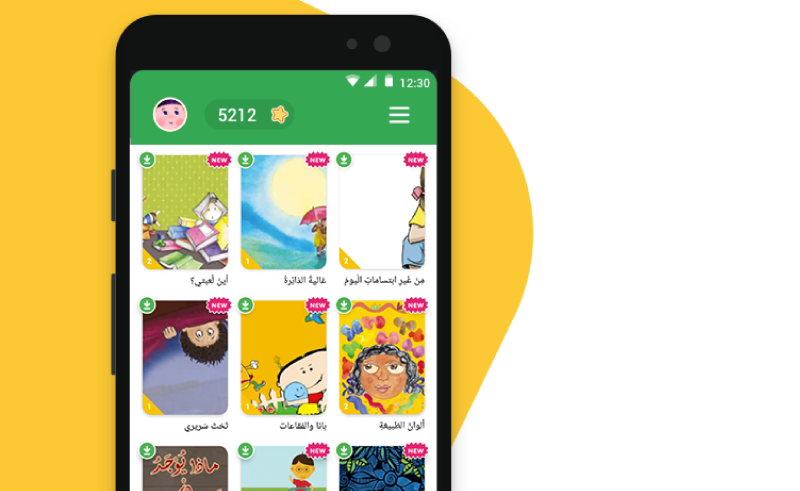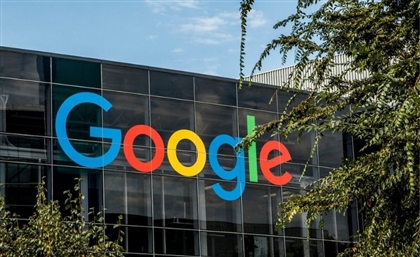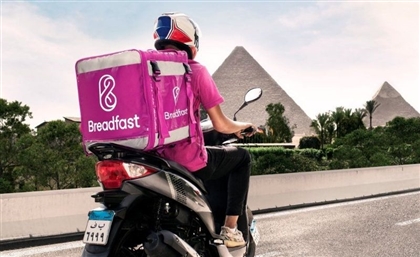Google Adds Arabic Language to its Children's Reading App ‘Read Along’
The global tech company has created a holistic platform to improve children literacy worldwide, adding more and more languages along the way, with Arabic being the latest.

Google has rolled out Arabic language support for its children reading app ‘Read Along’, marking it as the tenth language to be added to the slate. The free Android app - developed by the tech company – first rolled out in March 2019 in India, and became available worldwide in May this year.
StartupScene joined a roundtable led by Google’s Product Marketing Manager Nitin Kashyap, in which he detailed Read Along’s journey, one that has established the app as an accelerant in child literacy. “For over a year and a half, I’ve been working on Read Along, and it has now become a project that’s very dear to my heart,” said Kashyap. “Reading is a fundamental ability, and it’s a shame that still, in the century that we live in, that it continues to be a privilege that is not readily available to all children worldwide.”
The app is designed for children aged five years and older to enhance speech, reading and pronunciation in a holistic setup that’s mindful of all the necessary criteria for children to be both engaged and excited. “The planet’s had to face mass school closures across the board that has, according to UNICEF, left over 100 million children across MENA affected,” adds Kashyap. “Add to that other factors such as schools not having the resources to have one-on-one time with children, or not enough reading material, and this helped form the core of this product: that children everywhere should have the unconditional opportunity to learn how to read, and do so independently.”
Read Along enables children to browse a curated collection of books by a variety of authors, all categorised by levels which children work their way through as they advance. Currently, the app houses 40 Arabic stories, and hundreds in English. The main star of the app is an in-app reading buddy named Diya, an incarnation of everything the app is trying to accomplish. The virtual character is present with the child every step of the way, giving instant visual and verbal feedback using speech recognition technology to assess if a child has pronounced words correctly. “This all basically started by probing the question of how does a human learn to read? From there we’ve collected the foundational insights that make up the app,” notes Kashyap.
Despite the app only introducing Arabic to its supported languages recently, around 5,500 users across the Arab world have been using the app daily for enhancing literacy skills in English or other languages. Arabic quickly became one of the most requested language, prompting Google to add it to the list. In addition to elevating oral reading skills, the selection of stories revolve around themes that would inspire young readers in their day-to-day lives, such as empathy and perseverance.
Online learning has quickly morphed from a complementary solution, to a necessary pivot that needed to be adopted across the world in record time. Institutions and platforms have offered a myriad of free access to services, and Read Along follows that philosophy by having the app work both online and offline after initially downloading the app. Research has shown that e-learning increases retention of information in less time. Google bands together the prosperous potential of online learning, while also replicating the classroom experience - in the form of Diya - to bring an app that’s weary of children’s safety and the necessity for providing quality literacy education for all.
The application currently supports 10 languages; English, Spanish, Portuguese, and Arabic, as well as Urdu, Hindi, Bengali, Tamil, Telugu, and Marathi. Read Along is currently available on the Google Play Store.






















